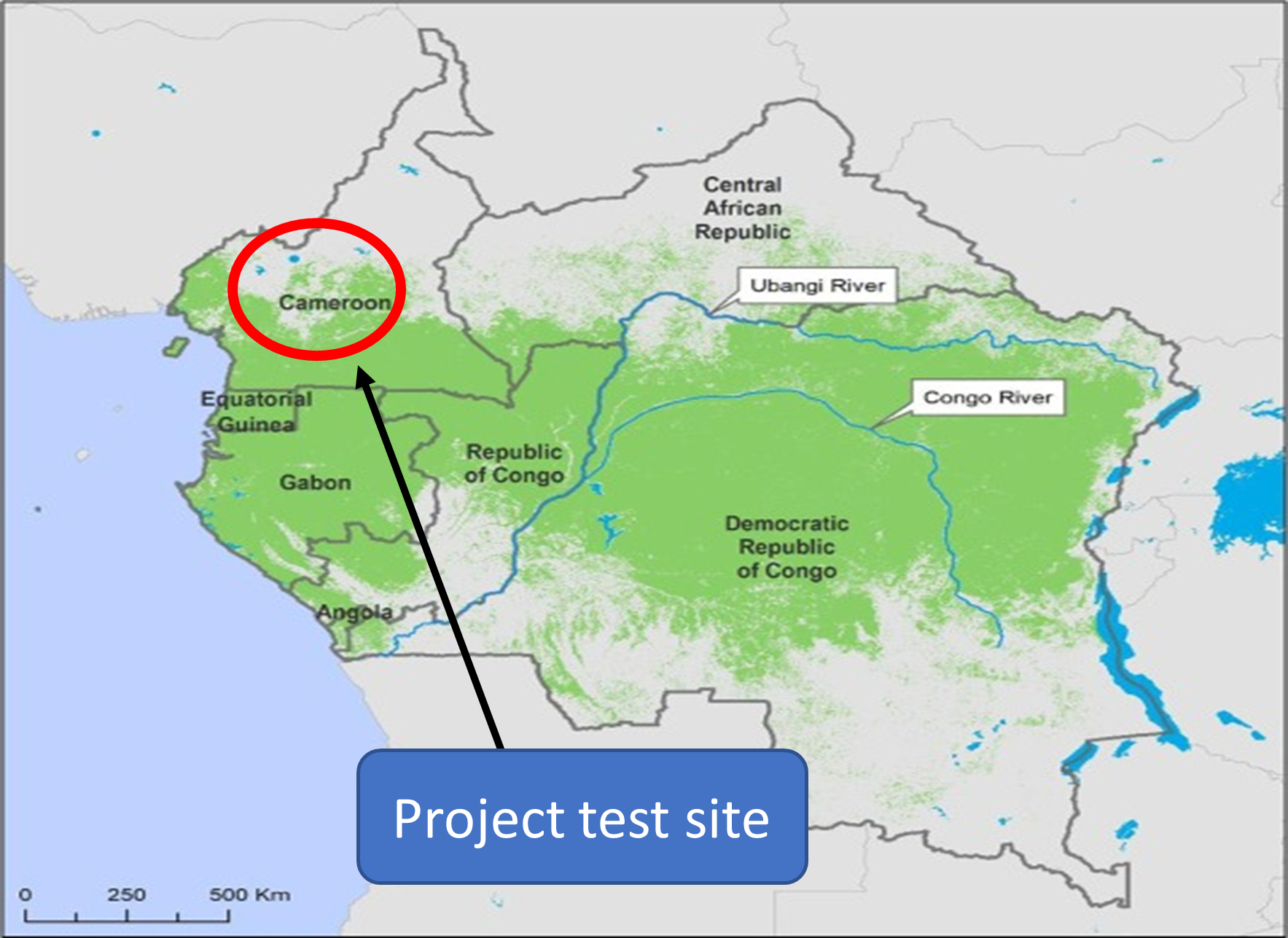
Residents of Bieh in Bambui, Tubah Sub Division in Mezam Division, in the North West Region of Cameroon have been empowered to contribute in the fight against climate change by abandoning some harmful environmental activities linked to their existence like tree felling, fossil fuel burning and a host of others. This follows the installation of a solar PV system in the community that shall cater for the lighting needs of the community. The benefiting rural community in Bieh, Cameroon, just like elsewhere in the Congo basin countries is prone to the indiscriminate felling of trees for cooking and fuel for lighting, the use of petrol generators, kerosene and other fossil fuels for lighting in rural communities produces carbon dioxide and other green house gasses that contribute greatly to the global warming of the planet
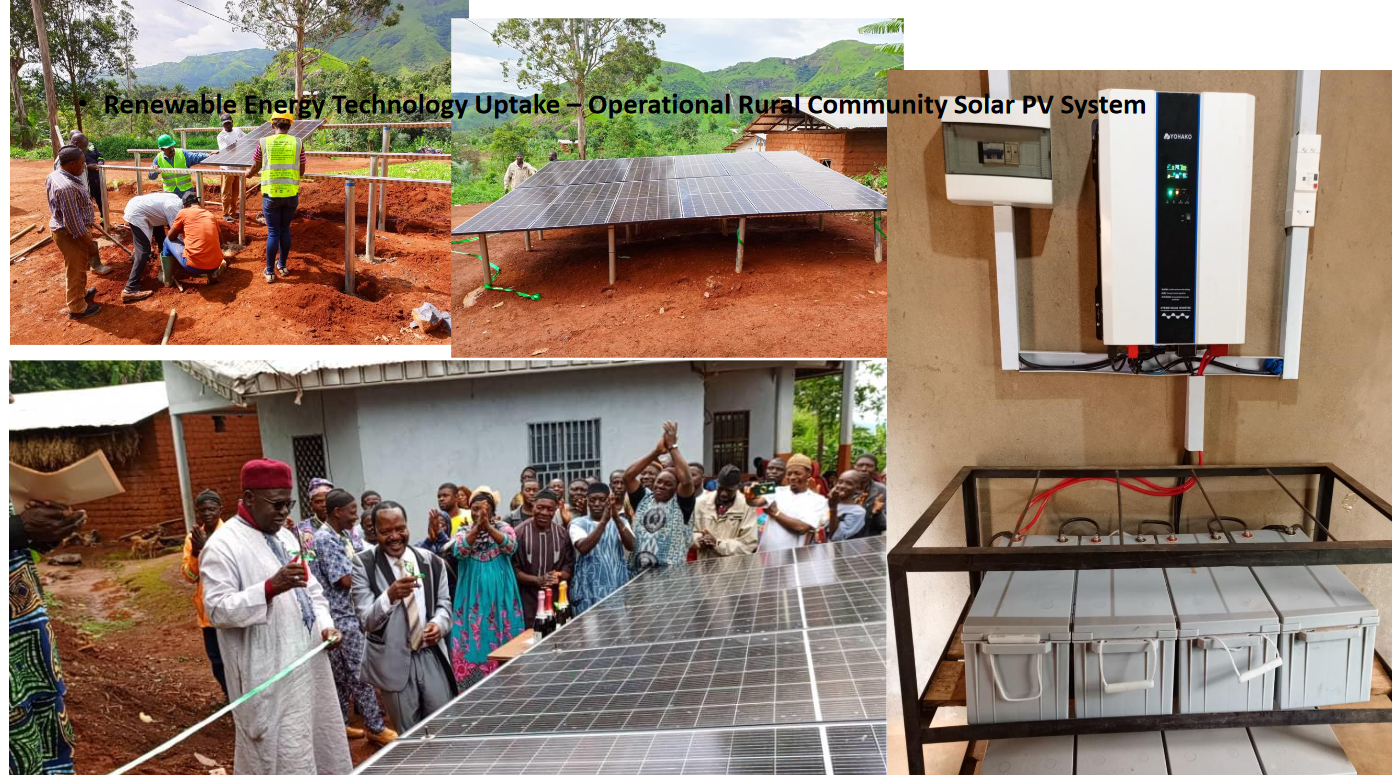
The project which started in April 2023 and ended in June 2024 has also made important contributions, through the use of artificial intelligence and machine learning in the development of models and maps of climate change variables in the Congo Basin countries during the last fifty years; as well as intellectual development and capacity building in the areas of renewable energy and application of artificial intelligence and machine learning in the energy sector.
The PV System installed in Bieh was commissioned during a ceremony in which inhabitants from all 43 communities of Bambui attended, including the Fon of Bambui, who on behalf of his people, thanked The University of Bamenda and the RAINCA Consortium for project grant, the fruits of which will he noted will serve the community and help in fighting climate change 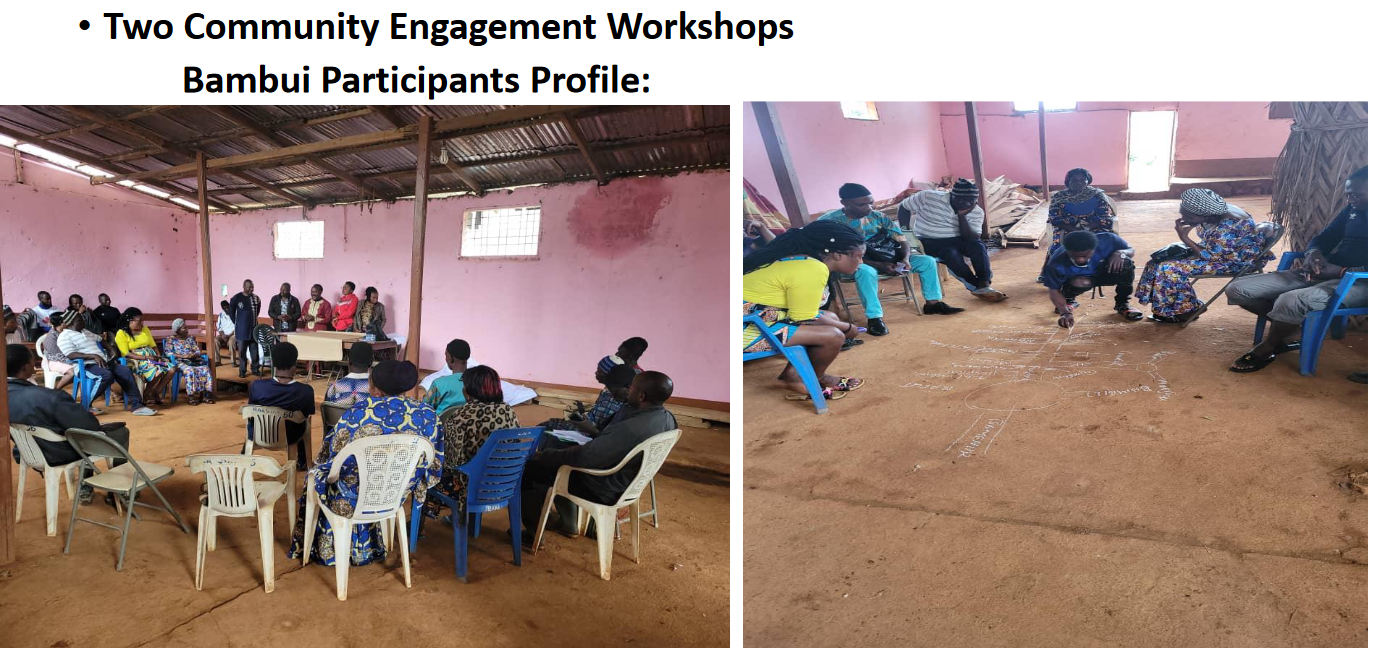
Thanks to the project, two Masters of Science students, female and male were trained; and who have successfully defended their MSc Dissertations; respectively titled fault diagnosis in PV systems using machine learning algorithms and forecasting of solar PV power in the NW Region of Cameroon using machine learning techniques. 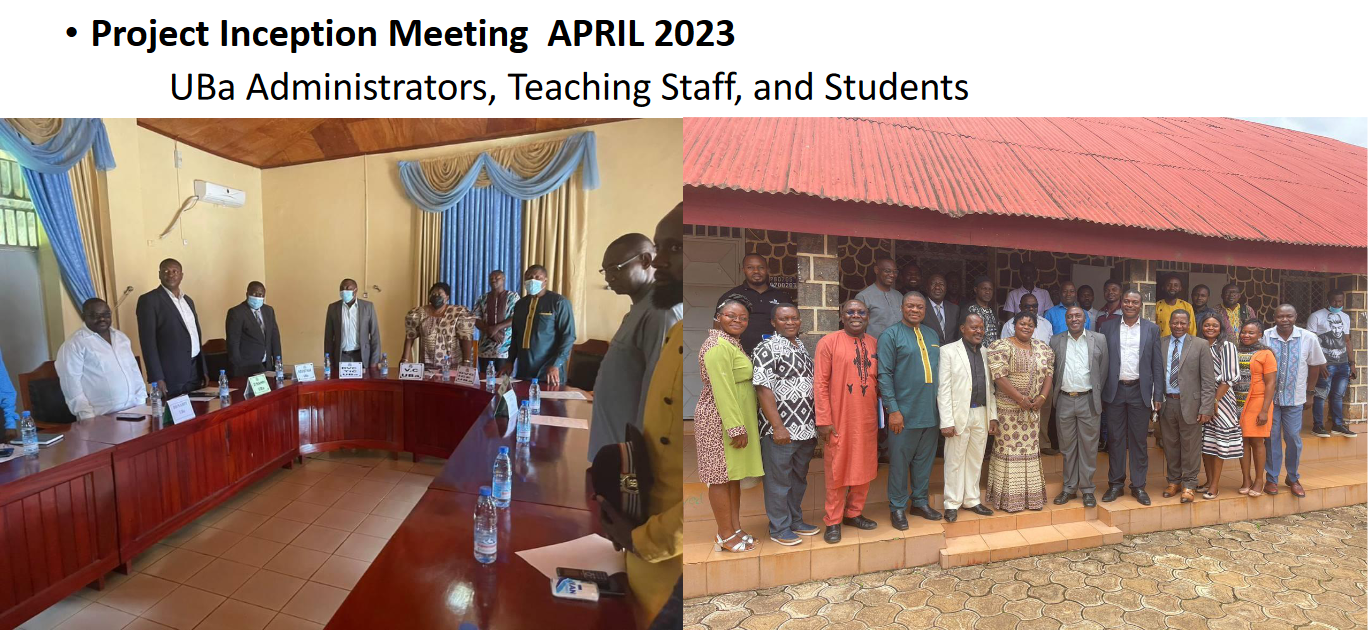
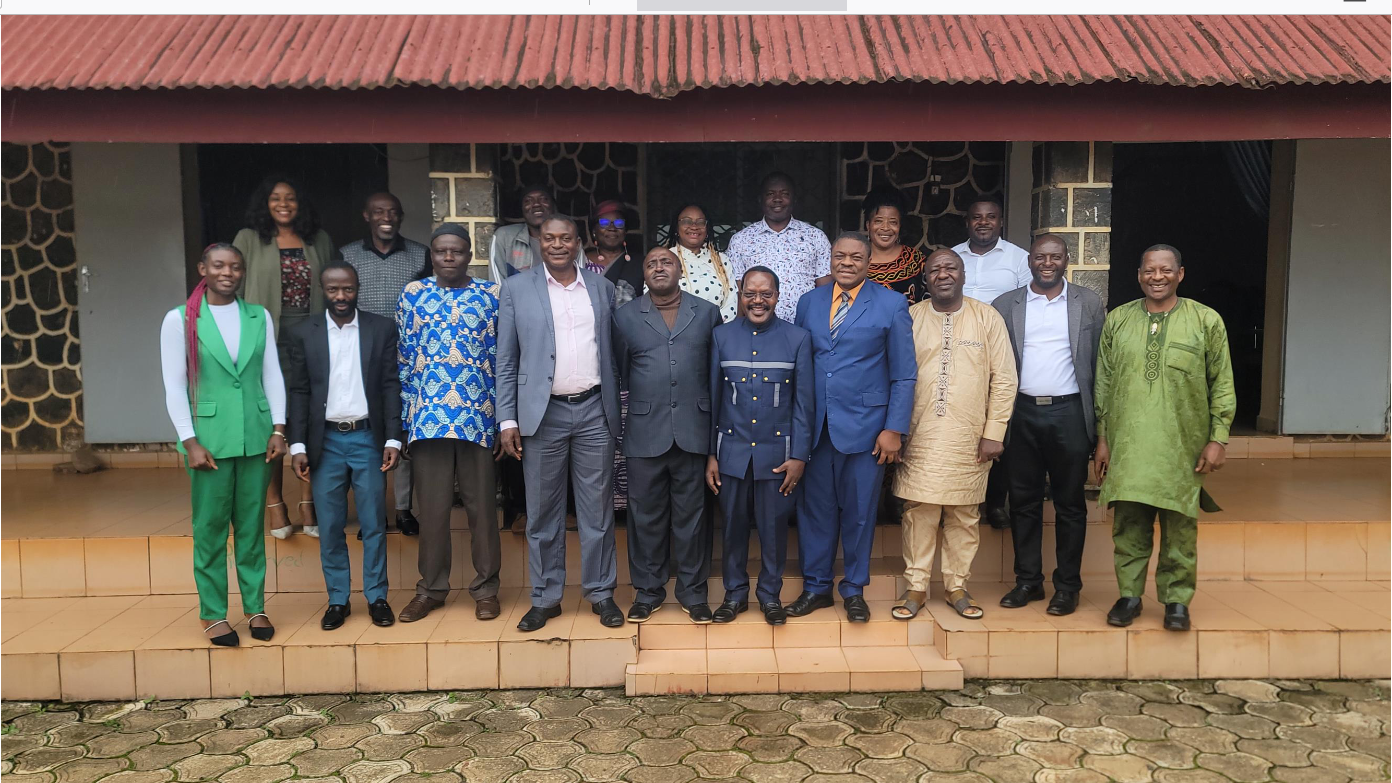
BELLOW IS A GALLERY OF THE THE PROJECT
Tomas
Ed id interdum urna. Nam ac elit a ante commodo tristique. Duis lacus urna, condimentum a vehicula a, hendrerit ac nisi Lorem ipsum dolor sit amet, consectetur adipiscing elit.
- AUGUST 6, 2018
- BY Alebert dos
REPLYJohn doe
Ed id interdum urna. Nam ac elit a ante commodo tristique. Duis lacus urna, condimentum a vehicula a, hendrerit ac nisi Lorem ipsum dolor sit amet, consectetur adipiscing elit.
- AUGUST 6, 2018
- BY Alebert dos
REPLYBagun khan
Ed id interdum urna. Nam ac elit a ante commodo tristique. Duis lacus urna, condimentum a vehicula a, hendrerit ac nisi Lorem ipsum dolor sit amet, consectetur adipiscing elit.
- AUGUST 6, 2018
- BY Alebert dos
REPLY